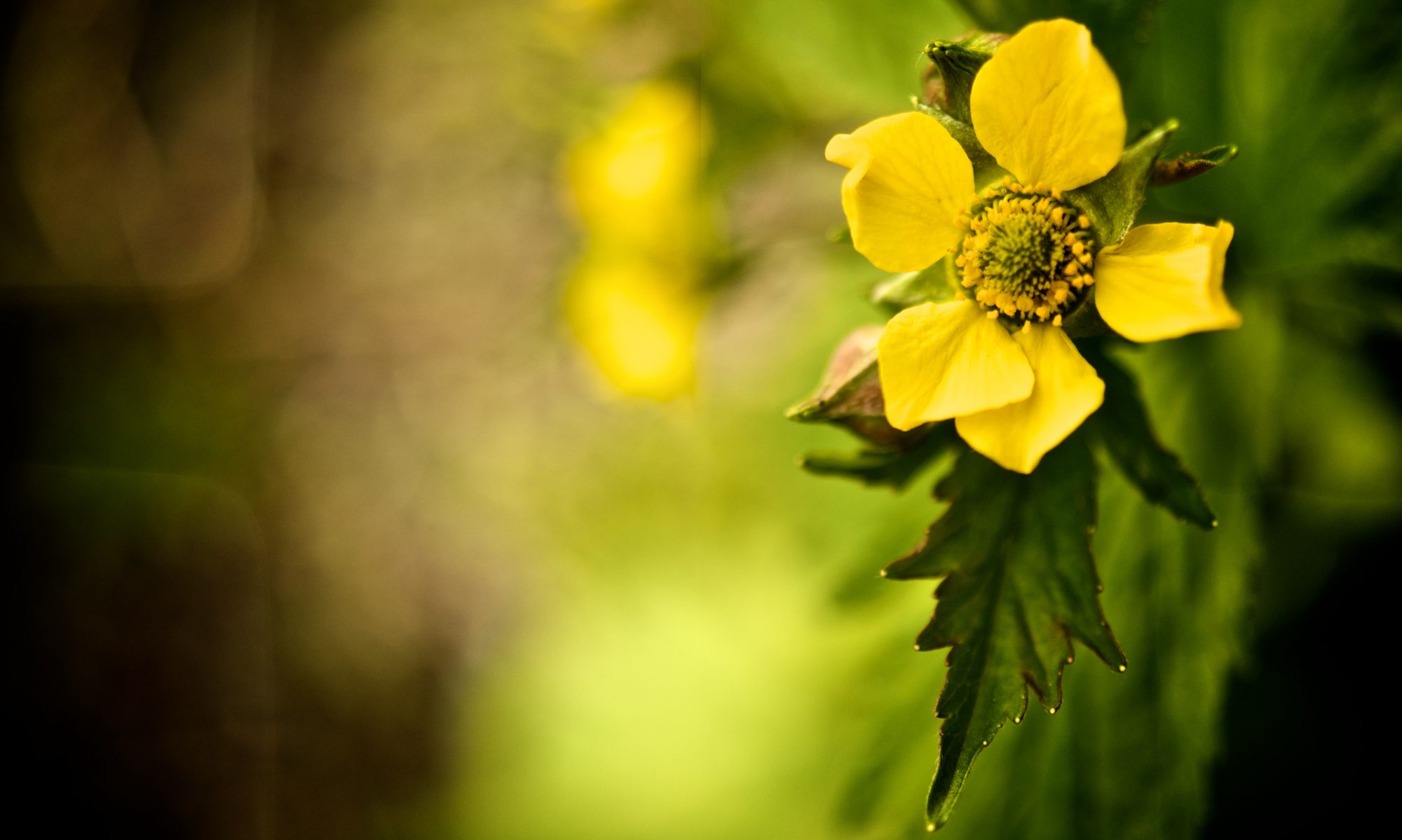Here is a snack-sized bite of links to things that I found interesting this week.
Good advice on wasps (across the pond, but applicable here too)
“Plagues” of “drunk and jobless” wasps are out in record numbers around the UK, according to apocalyptic headlines this week. While it may seem like that if you’ve dared to eat outside, it’s not a case of greater numbers – they’re on a par with the long-term average – but a sign that we’re experiencing more typical summer weather.
12 things not to do in national parks
In 2011 Photographer Ben Chase observed visitors walking within 50 feet of a brown bear in Grand Teton National Park. When the bear got spooked and attempted to retreat, the ridiculous tourists yelled, “It’s leaving, go get it!” and gave chase. Yosemite National Park has a long history of visitors getting close enough to let bears take food from their hands, one older story actually tells of a clueless tourist holding bacon in his mouth and encouraging the bear to take it.
What a great course this must have been!
For the first time in an estimated 60 years, a traditionally-made cottonwood dugout canoe was launched by Robert and Edie Frederick and UNBC students into the Nechako River which runs through Lheidli T’enneh territory. The vessel is one of two hand-made canoes crafted by UNBC students who recently completed a First Nations Studies course called FNST 298/301 Dakelth Culture: Making a Cottonwood Canoe — Ts’i, taught by Lheidli T’enneh Elders Robert Frederick and his wife, Edie.
Science is how we describe the natural world, and if you search the web for “what is science,” three words tend to come up more often than others: observation, experiment, and evidence. Observations and experiments may not be perfect, even at the limits of our technologies, and interpretations may be flawed, but it’s the evidence that supports, or doesn’t, an argument that is the most important. And we choose to either accept it, or not.
Two cool things in combination – social behavior and epigenetics
We think of our bodies as stable biological structures that live in the world but are fundamentally separate from it. That we are unitary organisms in the world but passing through it. But what we’re learning from the molecular processes that actually keep our bodies running is that we’re far more fluid than we realize, and the world passes through us.
By studying what bears eat, and how wolves affect the behavior of other animals, the biologists found that the return of the wolves is helping to restore a key part of the diet of grizzly bears that has been missing for much of the past century — berries that help bears put on fat before going into hibernation.
